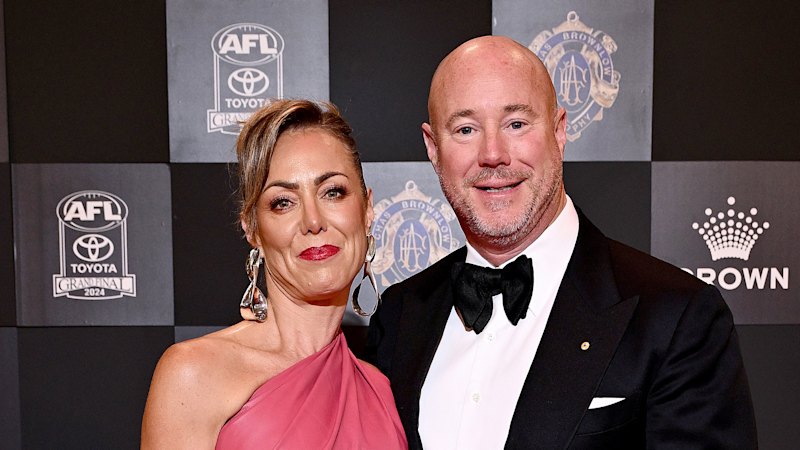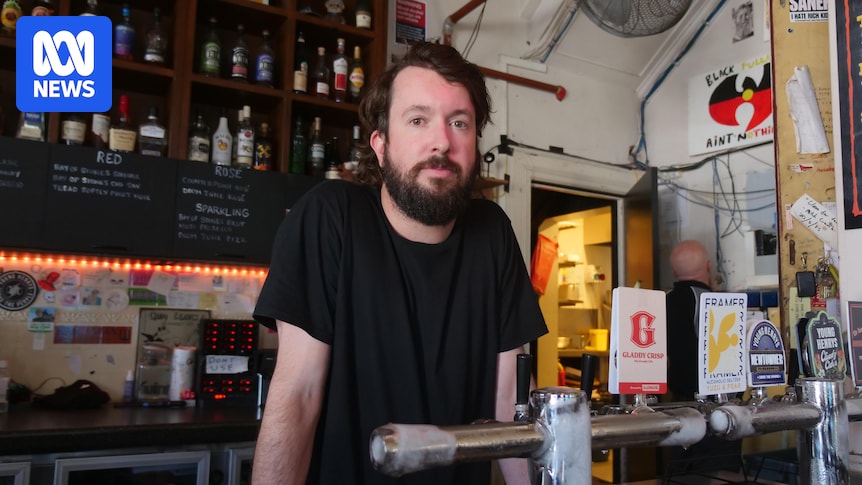
In a compelling new viewpoint published in the Journal of the American Medical Association (JAMA), two prominent scholars are calling for a transformative shift in the United States’ vaccine policy. Lainie Friedman Ross, MD, PhD, chair of the Department of Health Humanities and Bioethics at the University of Rochester Medical Center, and Mark Navin, PhD, chair of Philosophy at Oakland University, argue that the current approach to vaccination in America is in dire need of reform.
Their article, titled “America’s Vaccine Policy Whiplash — Finding the Way Forward,” proposes a middle-ground framework that aims to acknowledge shared responsibility, move away from absolute measures that have sparked public backlash, and rebuild trust through smarter, community-based education and outreach.
“There’s plenty of blame to go around,” the authors state. “But the medical community must own its share if we’re going to rebuild trust.”
Understanding the Urgency
The urgency of this proposal is underscored by recent federal and state actions that have destabilized vaccine policy. Notably, a proposal by Florida’s Surgeon General to eliminate all of the state’s school vaccine mandates threatens to undermine a cornerstone of U.S. immunization policy that has been in place since the 1960s. This development comes at a time when vaccination rates are already declining, and outbreaks of vaccine-preventable diseases are on the rise.
According to recent data, national non-medical exemption (NME) rates for school vaccine mandates have risen to 3.6% in the 2024–25 school year, up from 2.5% before the pandemic. Seventeen states now report exemption rates above 5%, while 39 out of 50 states have dropped below the 95% MMR coverage target necessary for herd immunity.
The results are alarming: measles cases surged from 285 in 2024 to thousands in 2025, including the first three U.S. measles fatalities in a decade.
Tracing the Path to the Present
While political factors have exacerbated the current crisis, Ross and Navin emphasize that the medical community must also confront its role in the situation. Following the 2015 Disneyland measles outbreak, major organizations such as the American Academy of Pediatrics (AAP) and the American Medical Association (AMA) aggressively advocated for the elimination of NMEs. Pediatricians increasingly adopted policies to dismiss families who refused vaccines, a stance that the AAP endorsed and reaffirmed as recently as last year.
During the COVID-19 pandemic, professional organizations supported measures to restrict vaccine refusers from accessing public spaces and the workforce. These hardline policies, according to the authors, have contributed to the current backlash against vaccination mandates.
The Misunderstood Role of Mandates
Ross and Navin stress that school vaccine mandates were never primarily designed to coerce committed refusers. Instead, they served as a “nudge” to create a pro-vaccine social norm and encourage the large group of parents who were neither enthusiastic nor opposed to vaccination. The authors argue that removing mandates eliminates this nudge precisely when coverage is faltering and outbreaks are spreading.
“Mandates nudged the ambivalent,” the authors explain. “Eliminating them risks signaling that vaccines are unsafe,” despite overwhelming evidence that childhood vaccines are safe and effective.
Charting a New Course
In their call for a reset in vaccine policy, Ross and Navin advocate for an approach grounded in humility and partnership. This new strategy includes:
- Personalized education and reminders for parents who are willing but forgetful.
- Evidence-based communication training for clinicians, equipping them to engage vaccine-hesitant families with patience and skill.
- Partnerships with trusted local leaders, religious organizations, and parent groups to amplify accurate, credible messages.
“Mandates were intended to be one tool among many, not a substitute for robust communication and public education,” they write. “The medical community must pivot to strategies that rebuild trust.”
The proposal by Ross and Navin represents a significant shift in the dialogue surrounding vaccine policy, emphasizing collaboration and education over coercion. As the nation grapples with the challenges of declining vaccination rates and the resurgence of preventable diseases, their framework offers a potential path forward that balances public health needs with individual freedoms.






